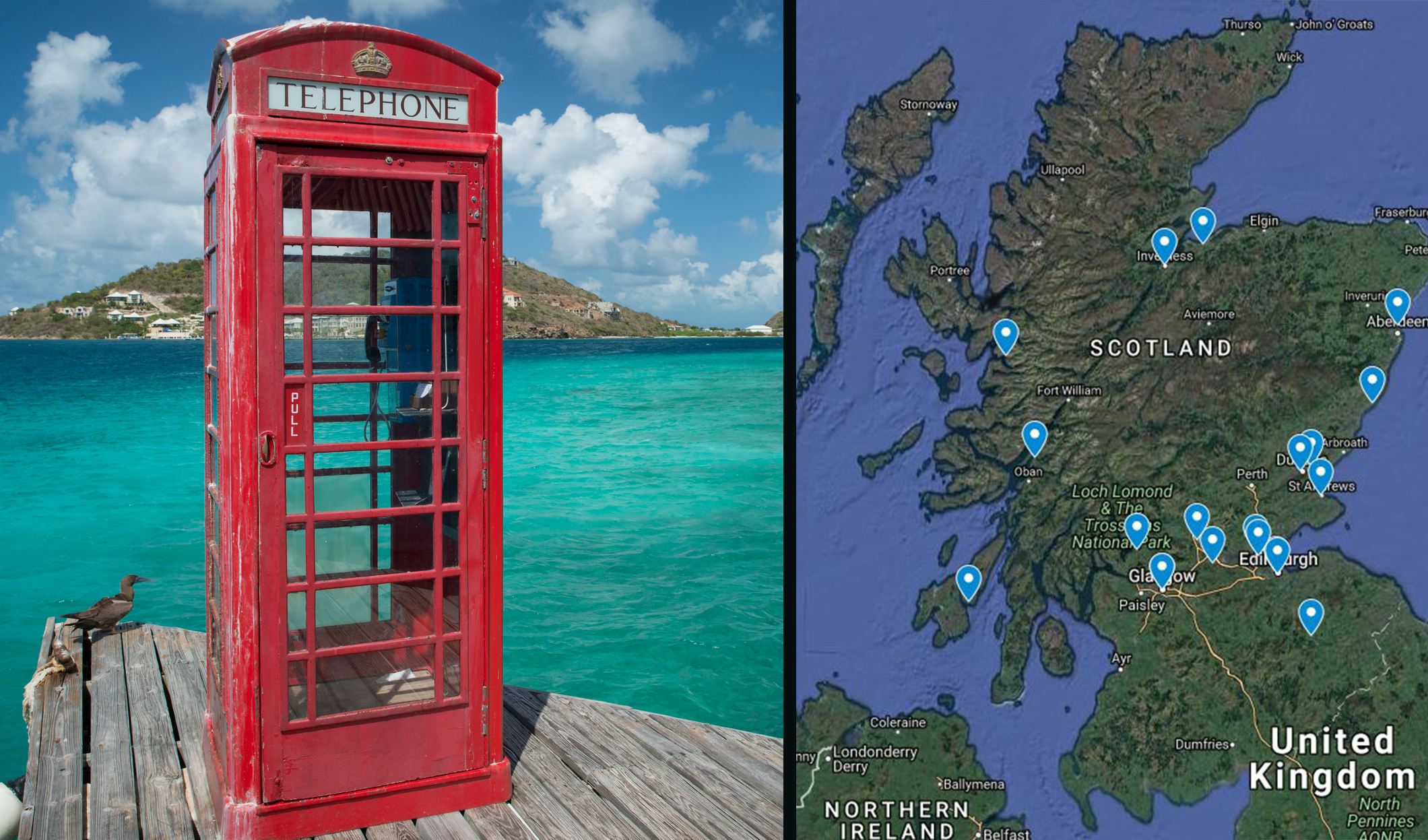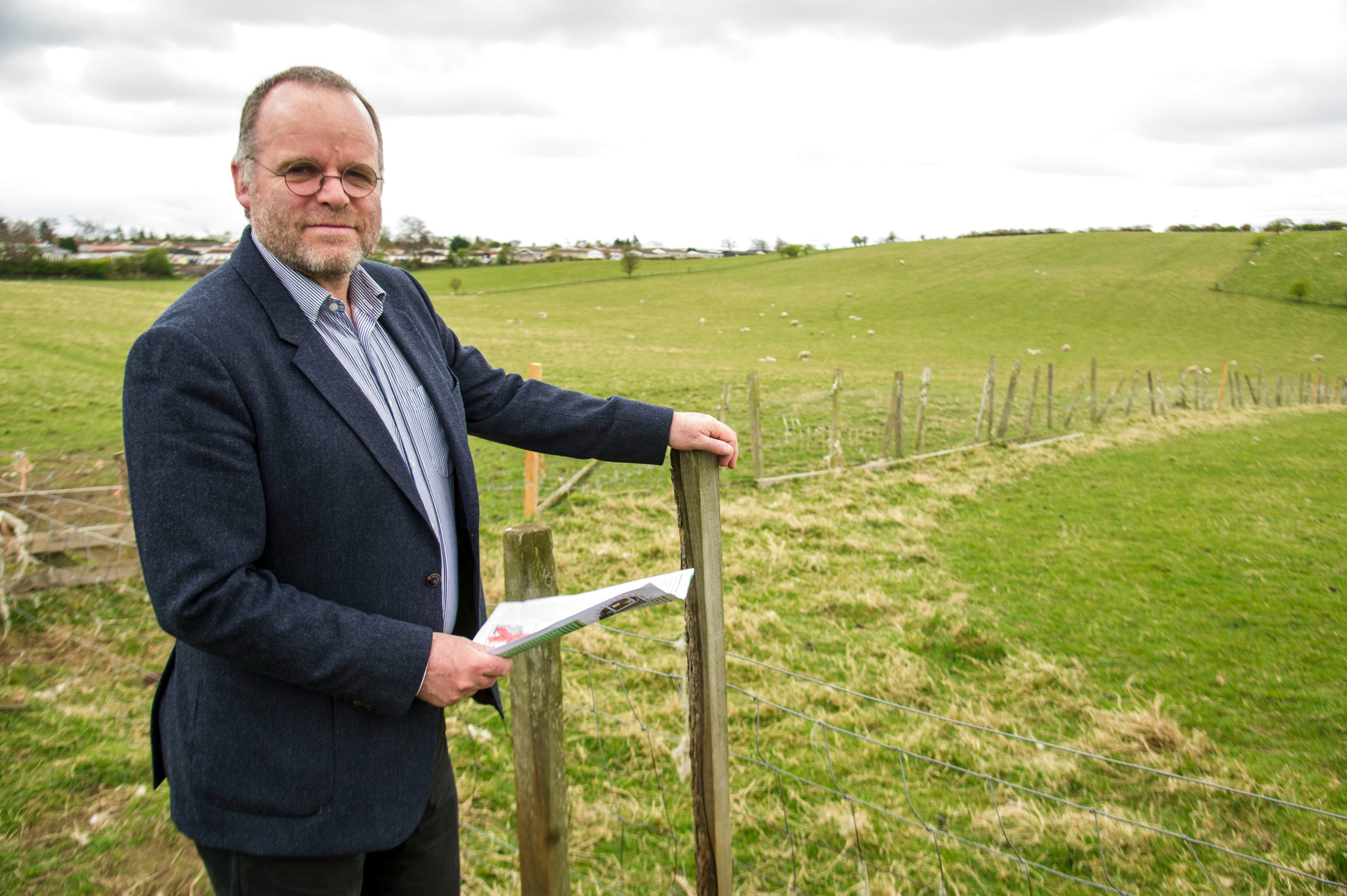
SCOTTISH property worth £2.9bn is being held by offshore companies, the Sunday Post can reveal.
Our investigation lifts the lid on the true scale of Scottish land and property held in tax havens around the world.
Today we can reveal:
- Scottish property is held in 22 different tax havens around the world, by 776 companies.
- Records reveal some 1,271 purchases – some of them multiple properties – with sums paid ranging from £132m to just £1.
- This involved include pubs, shopping centres, private schools, care homes, Highland shooting estates and even ex-council houses.
- Real estate which was held offshore when it was sold has cost the taxman millions in capital gains tax revenue.
- Last year alone, firms based overseas bought more than £200m worth of Scottish land and buildings.
Owning Scottish property through offshore companies is perfectly legal and there is no suggestion of any wrongdoing by any of the companies involved.
Offshore ownership is attractive to those who wish to either keep their identity secret and or reduce the tax they pay.
These include inheritance duties and capital gains tax – the tax a seller may pay on any rise in the value of their property. But critics say it reduces government revenue to spend on public services – such as schools and hospitals – and can inflate house prices.
Green MSP and land campaigner Andy Wightman said: “For decades, Scottish land has been available to be sold to the highest bidder from anywhere in the world.
“Not only has this pushed up property prices but it has led to tax avoidance as houses and land has been acquired by companies in tax havens.”
Other experts warn that in some cases tax havens are used to hide money.
In the cases we have highlighted there is no suggestion this has happened.
Rachel Davies Teka, of Transparency International UK, said: “These new figures show that Scotland, just like the rest of the UK, might be vulnerable to those seeking to hide their wealth anonymously.
“The UK Government must now implement its long-promised public register of the real owners of overseas companies owning UK property.”
Scottish real estate is owned by firms based in tax havens including the Isle of Man, Jersey, Guernsey, Gibralter, Liechtenstein, the British Virgin Isles, the Bahamas, Luxembourg, the Cayman Islands, Singapore, Qatar, the Seychelles, Belize, Malta, Bermuda, Hong Kong, Mauritius, Switzerland, Andorra and Alderney.
In 2015, Scotland Yard warned hundreds of millions of pounds’ worth of UK properties held offshore had been used to launder the proceeds of international corruption.
In the past decade, then Tory Chancellor George Osborne closed a number of the loopholes.
In 2015 he introduced capital gains tax on residential property sales by foreign owners including companies – but crucially not commercial properties.
That means the UK is losing out on up to £8 billion of tax every year, claims Labour MP Stella Creasy.
The details were compiled by Scottish Government agency, Registers of Scotland. Some entries contain multiple properties meaning there are far more than the 1,700 properties on the list.
In December, the EU named and shamed 64 countries they say are making it possible for people and firms to avoid paying tax.
Seventeen were put on the blacklist and 47 on notice – including British overseas territories and the crown dependencies of Jersey, Guernsey and the Isle of Man.
A Scottish Government spokesperson said: “The Scottish Government is determined to improve the transparency of land ownership and will introduce regulations to Parliament for a new public register of controlling interests.
“Capital Gains Tax is the responsibility of the UK government, but the Scottish Government’s approach to taxes which are already devolved demonstrates that Ministers here are serious about tackling tax avoidance in Scotland.
“The Finance Secretary has already written to the Chancellor seeking assurances that the UK Government takes the issue of tax avoidance seriously and that concrete action will be taken to combat it.”
For decades, land has been sold to the highest bidder from anywhere in the world – Andy Wightman MSP
“The revelation that there are a lot of owners of land and property who are resident or registered outside the UK comes as no surprise.
“For decades, Scottish land has been available to be sold to the highest bidder from anywhere in the world.
“Not only has this pushed up property prices but it has led to tax avoidance as houses and land have been acquired by companies in tax havens.
“Top countries for companies owning land in Scotland include the British Virgin Islands, Seychelles, Luxembourg and the Bahamas.
“Ordinary people pay the tax that these companies don’t to pay for the schools and hospitals we all rely on.
“But this is the tip of the iceberg because it only takes account of land in the modern land register and not the older Sasines Register.
“The data revealed by the Sunday Post today doesn’t include any information on how much land is owned overseas.
“My own research shows that 750,000 acres of Scotland is owned in tax havens, posing problems for law enforcement and tax authorities.
“The public are denied access to this information because it is hard to obtain and it costs money.
“If you want to find out further information about any one of the 1700 companies, it will cost you £30.
“If you want to find out about all of them, it will cost a staggering £51,000.
“But most shocking of all is that even to obtain a copy of the report published by Registers of Scotland, a public agency, will cost you an astonishing £1560.
“The public deserve access to information about who owns Scotland.
“It’s time to end the secrecy and the costs and open up Scotland’s land registers to the people for free.”

Enjoy the convenience of having The Sunday Post delivered as a digital ePaper straight to your smartphone, tablet or computer.
Subscribe for only £5.49 a month and enjoy all the benefits of the printed paper as a digital replica.
Subscribe